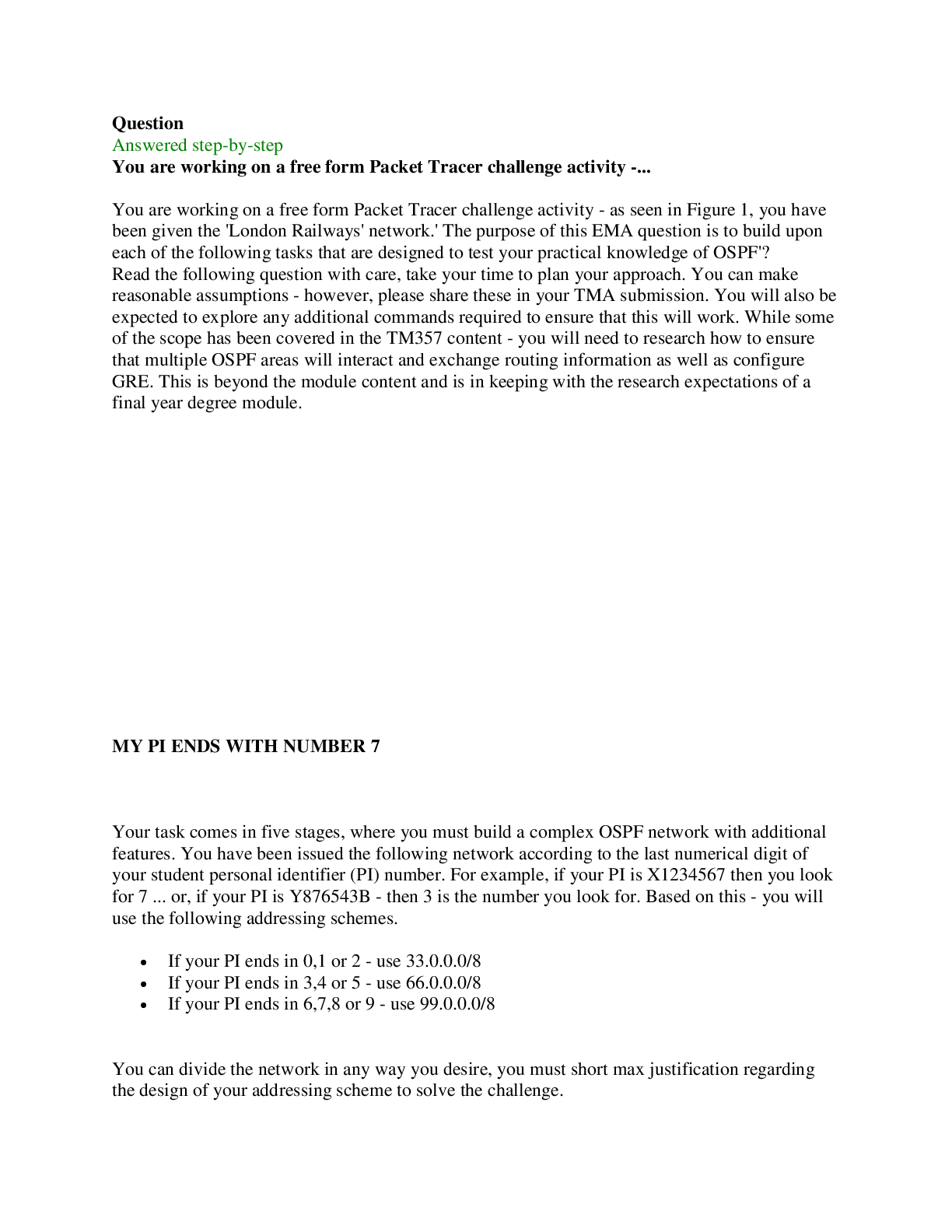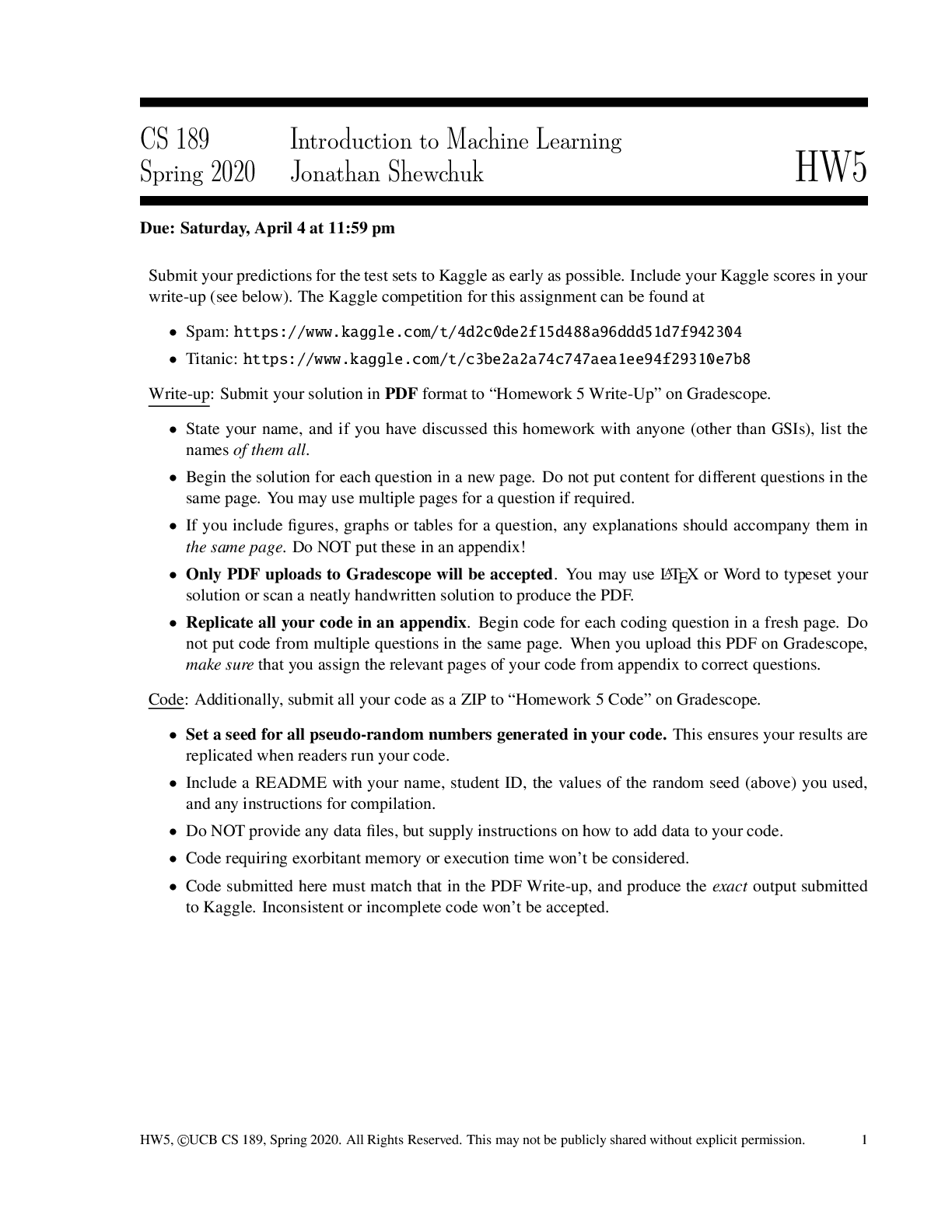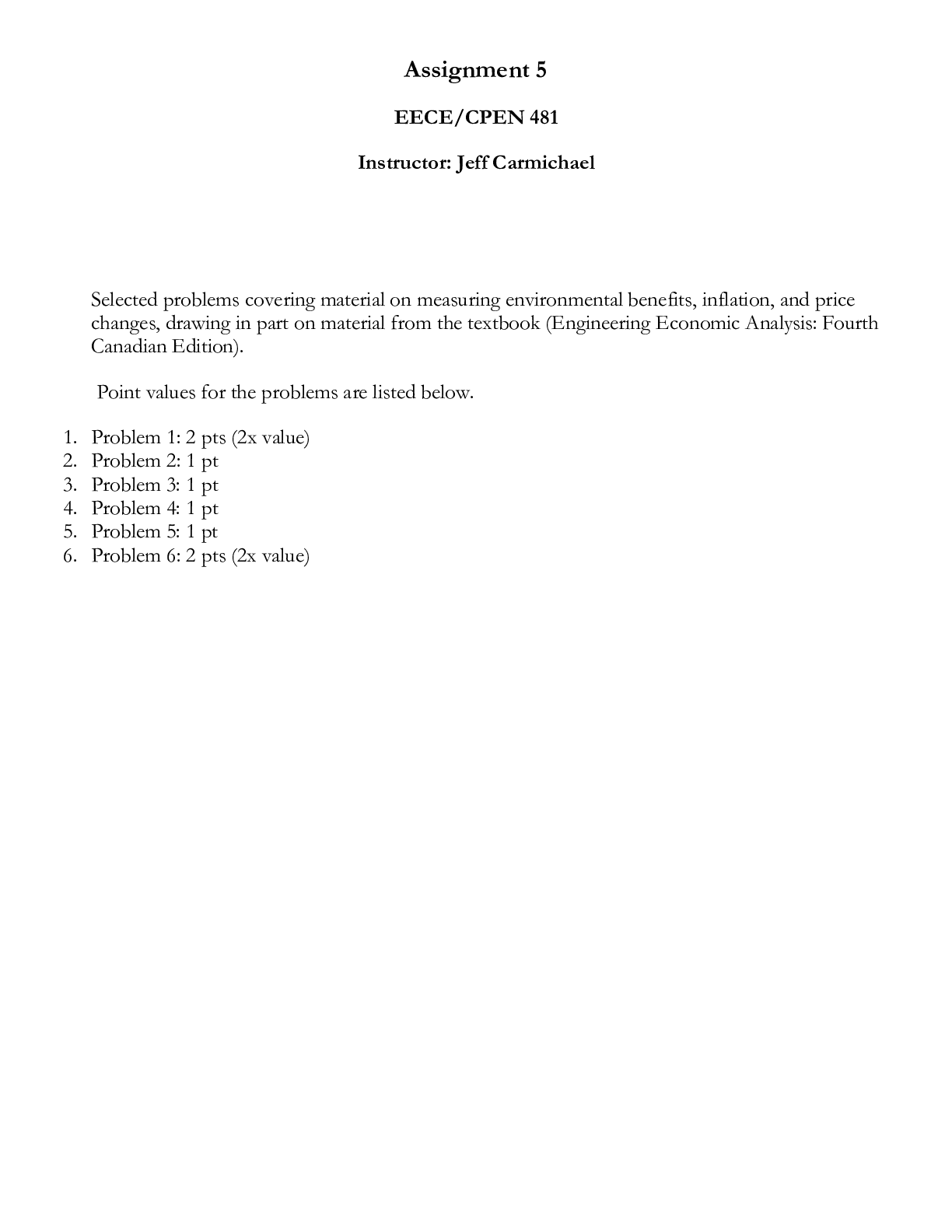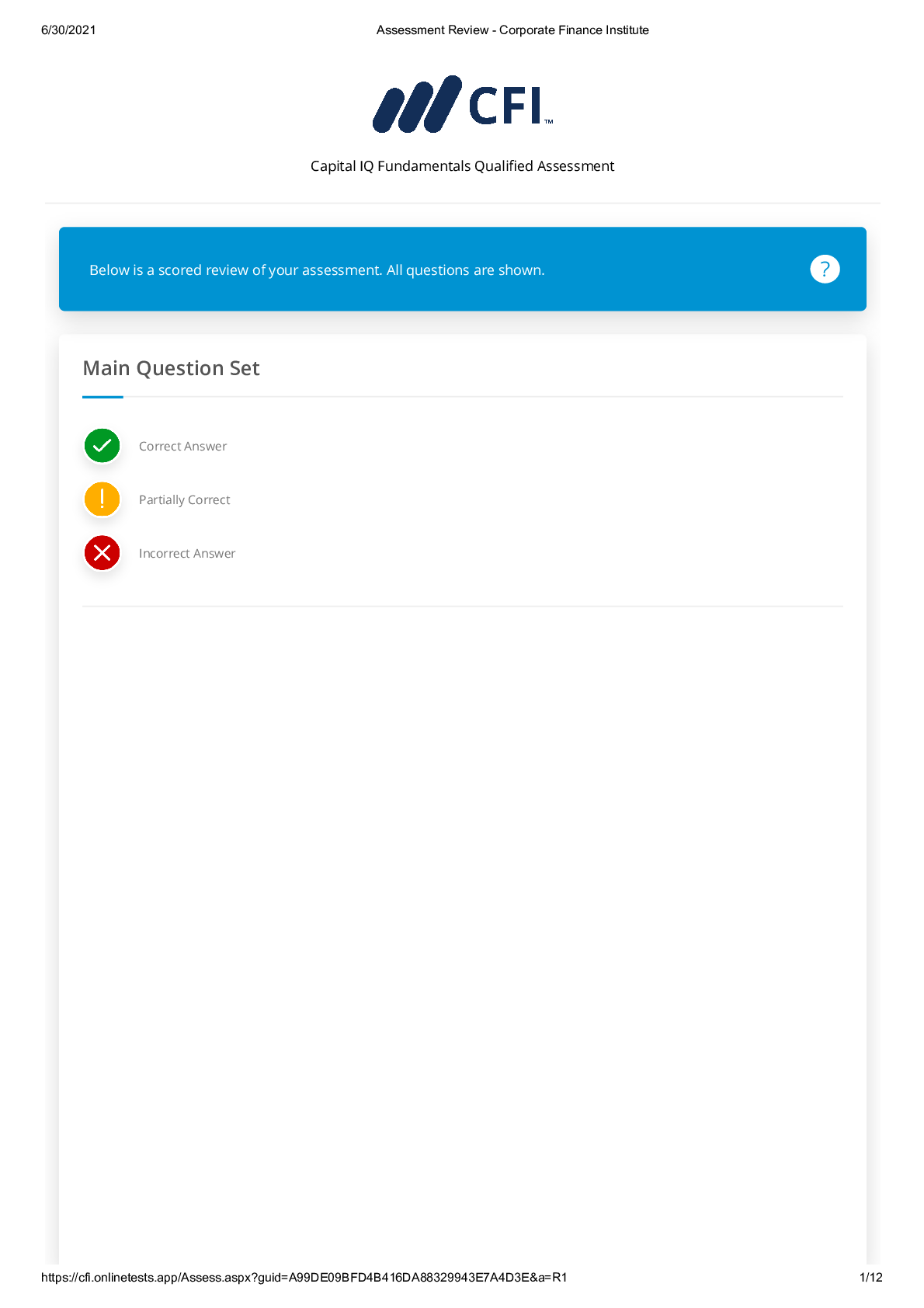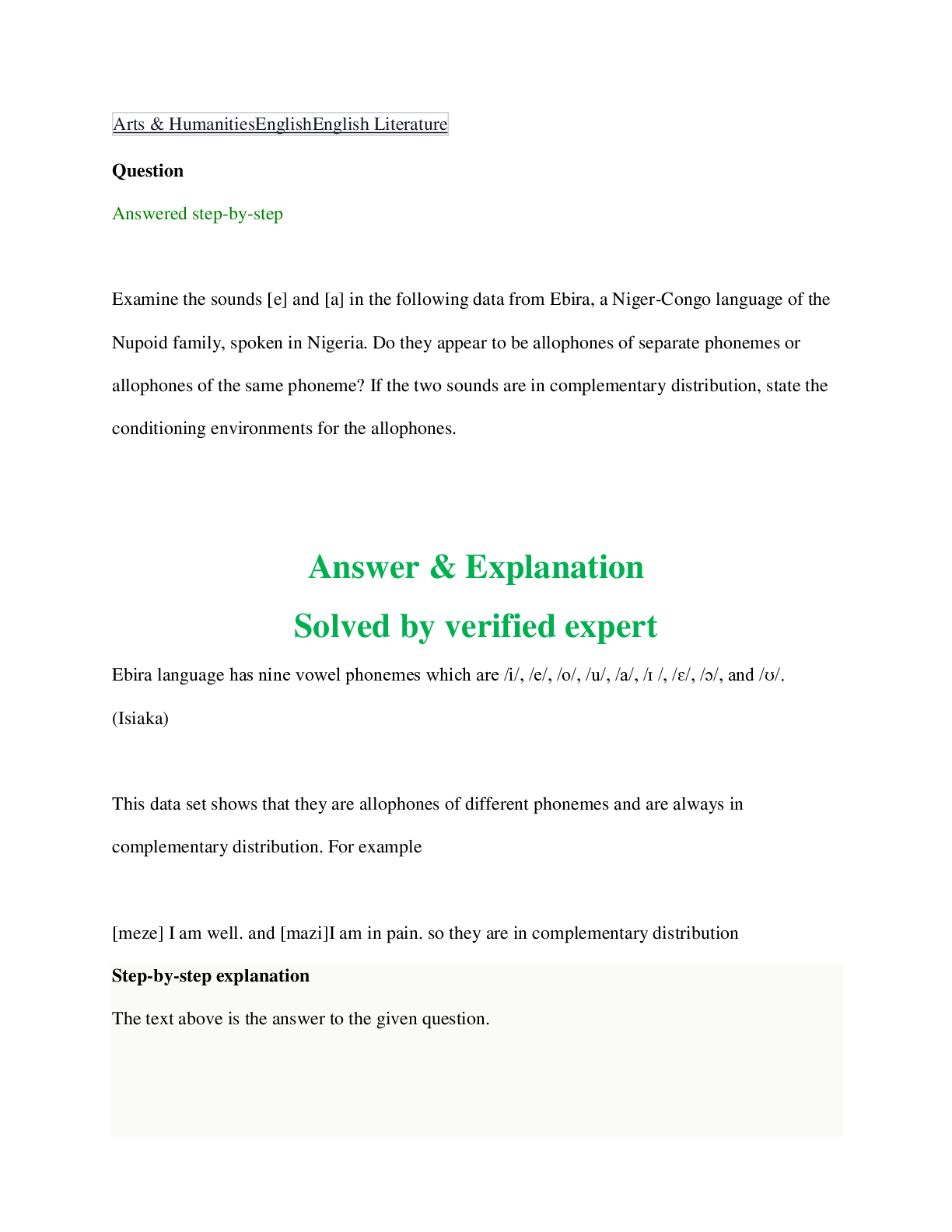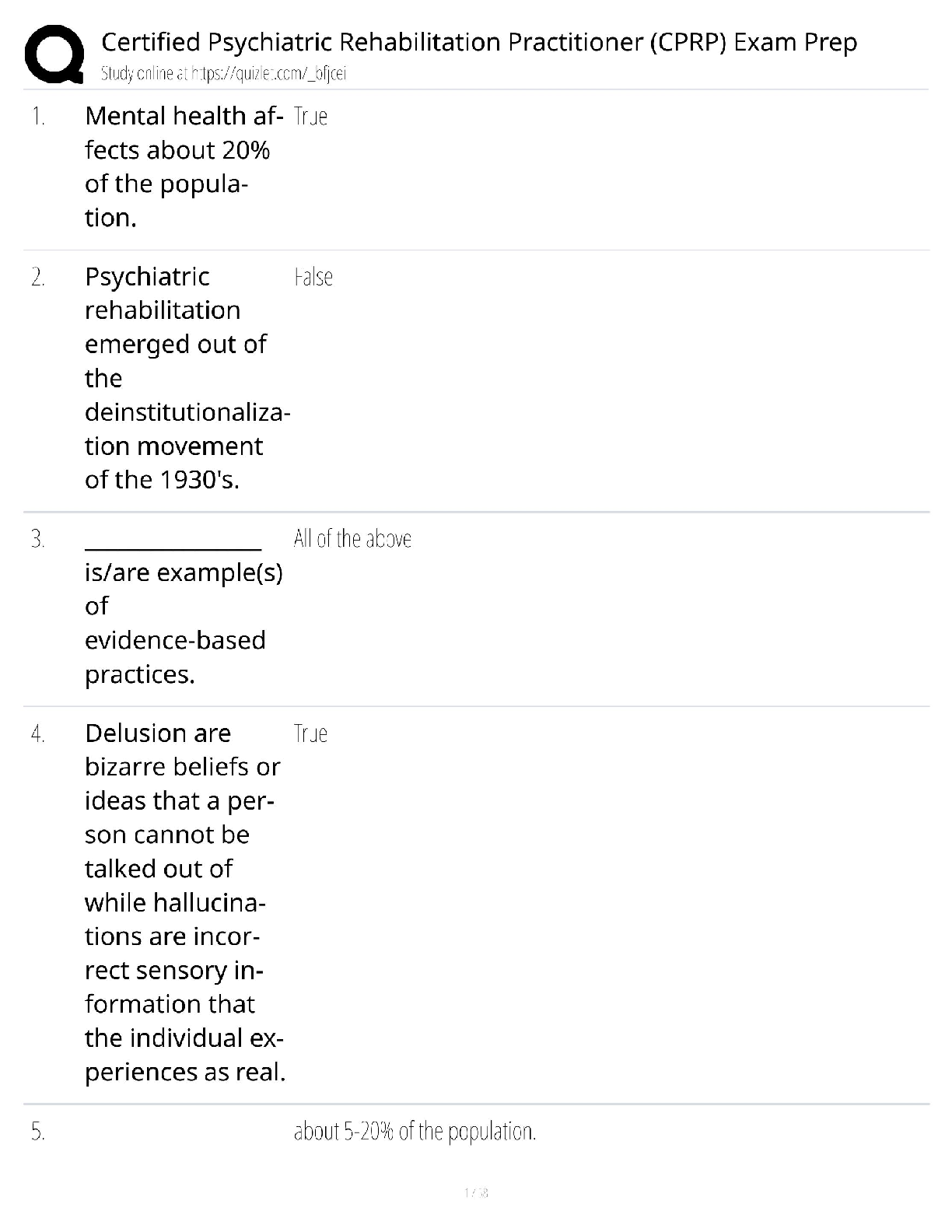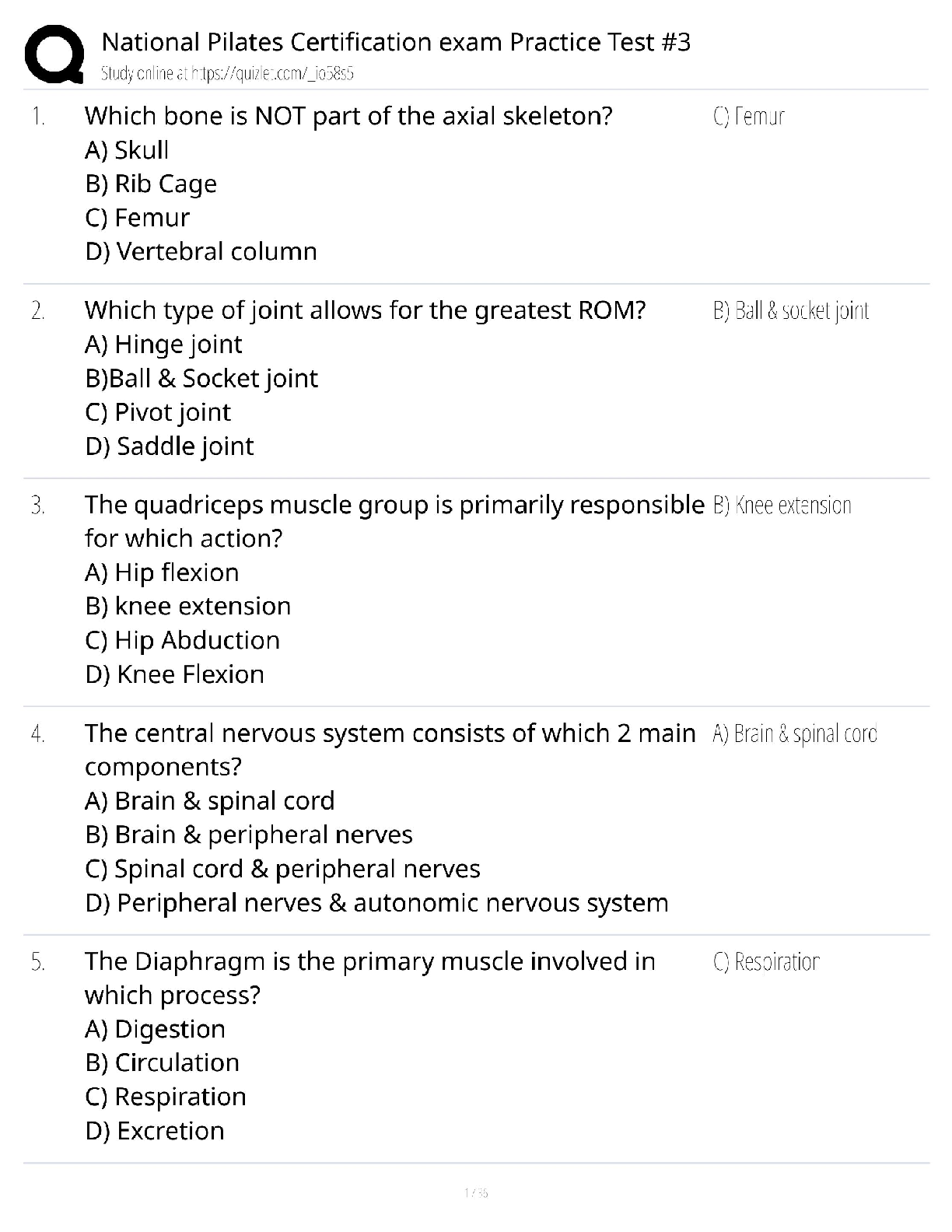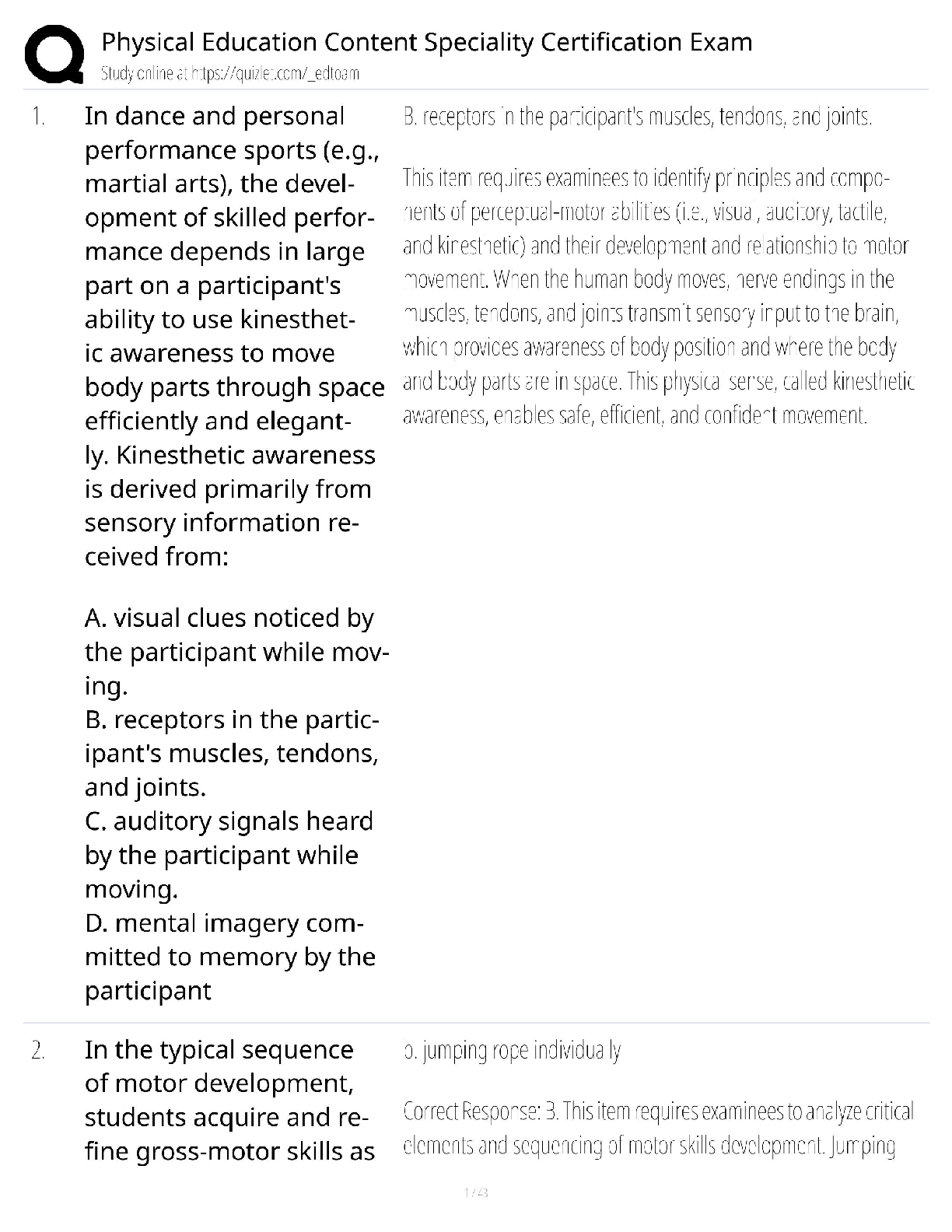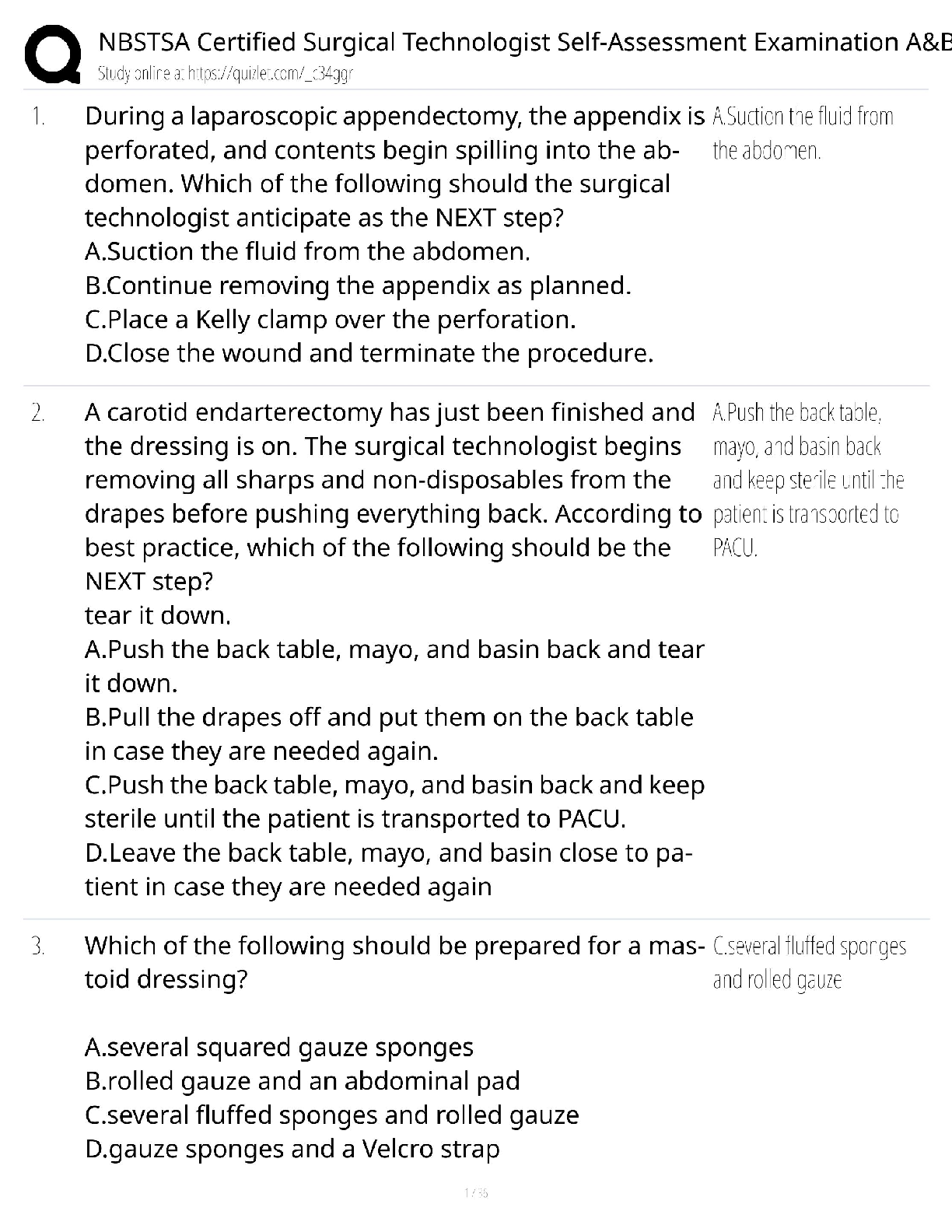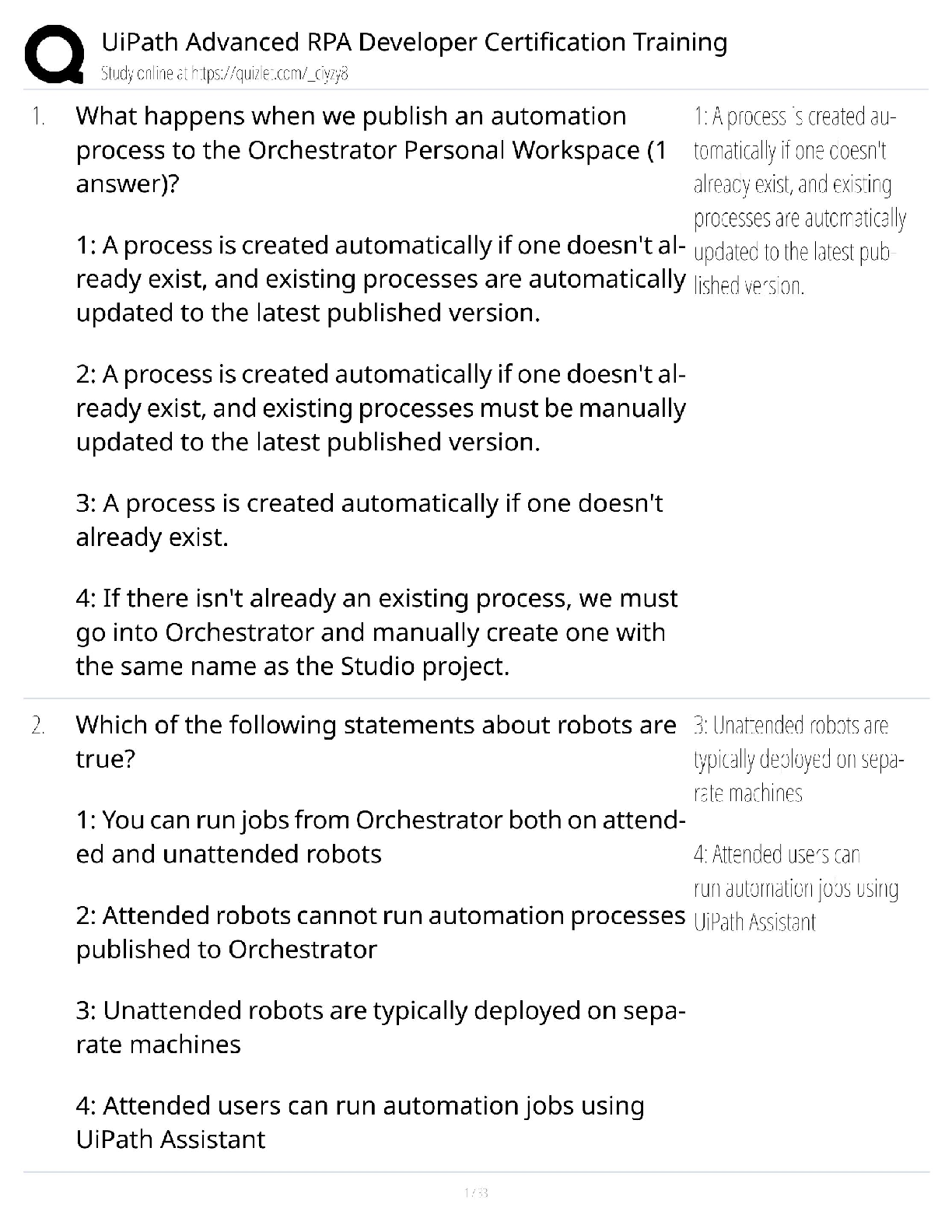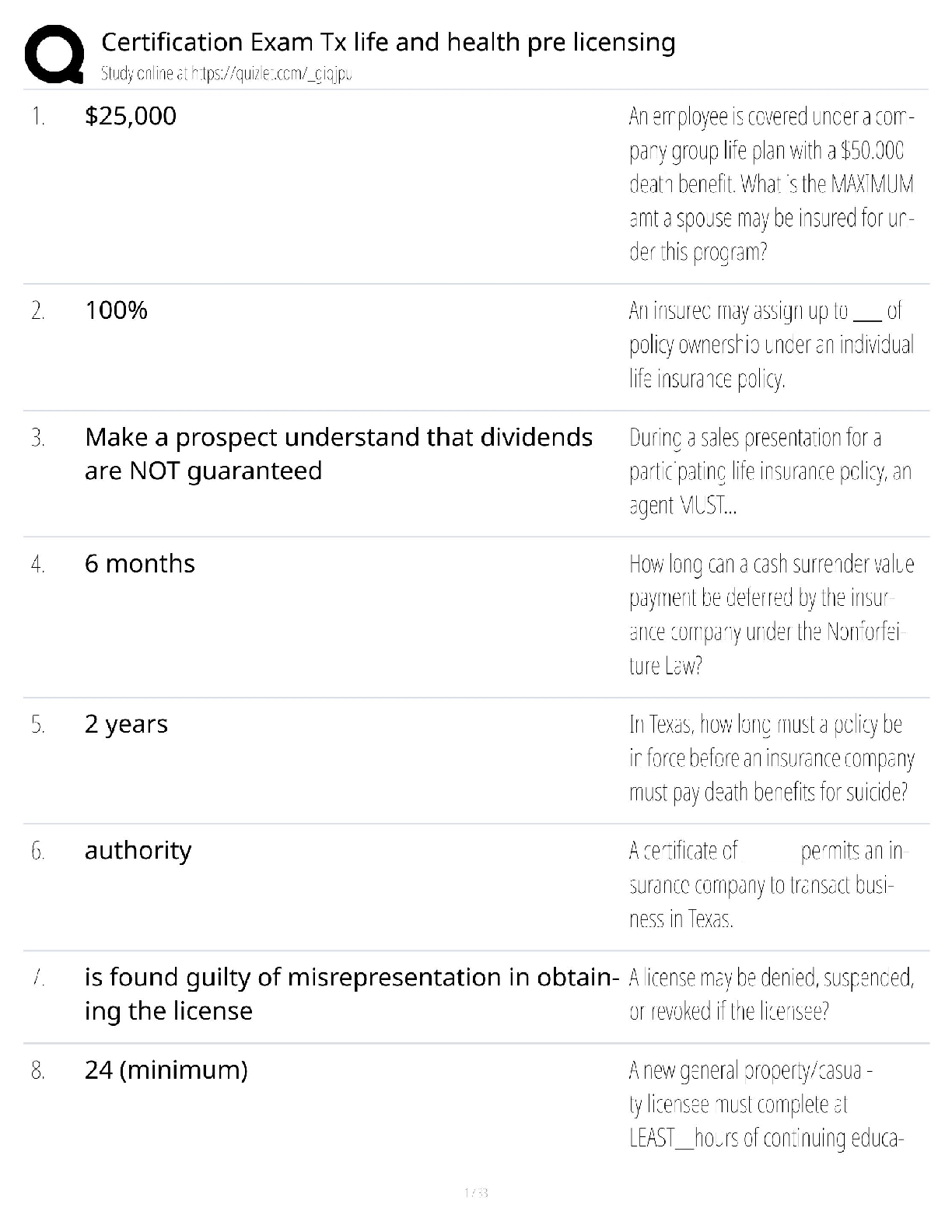Briefly explain how Ortner positions her research within the anthropological debates?
a. Each year, around the time of the gatherings of the American Anthropological
Affiliation, the Modern York Times inquires of a Hug
...
Briefly explain how Ortner positions her research within the anthropological debates?
a. Each year, around the time of the gatherings of the American Anthropological
Affiliation, the Modern York Times inquires of a Huge Title anthropologist to
contribute an op-ed piece on the state of the field. These pieces tend to require a
rather melancholy see. There's now not a shared talk, a shared set of terms to
which all specialists address themselves, a shared dialect we all, in any case
particularly, talk. The state of issues does appear much as Wolf depicts it. The
field shows up to be a thing of shreds and patches, of people and little coteries
seeking after disjunctive examinations and talking primarily to themselves. We
don't indeed listen to blending contentions any longer. There will be no more
suitable setting in which to thank my instructors, Frederica de Laguna, Clifford
Geertz, and David Schneider for having turned me, for way better or for more
awful, into an anthropologist. In expansion, I wish to thank the taking after
companions and colleagues for supportive commitments to the advancement of
this exposition: Nancy Chodorow, Salvatore Cucchiara, James Fernandez,
Raymond Developed, Keith Hart, Raymond Kelly, David Kertzer, Robert Paul,
Paul Rabinow, Joyce Riegelhaupt, Anton Weiler, and Harriet Whitehead.
2. How does Ortner reconstruct colonial representations?
a.
3. What does Ortner mean by the "Structure of Conjecture "a. When different cultural understandings come into contact and look for how to get
it, how social generation can become social change, in his examination of
eighteenth-century Hawaii.
4. What was the Great Trigonometrical Survey of India? What does that have to do with a
Mountain in Nepal and in Tibet? Why would measuring India be a reason to name a
mountain in another country outside the British Raj?
a. It was started in 1802 by the British infantry officer William Lambton, beneath
the support of the East India Company. Beneath the authority of his successor,
George Everest, the venture was made the duty of the Overview of India. Everest
was succeeded by Andrew Scott Waugh and after 1861 the venture was driven by
James Walker, who supervised its completion in 1871. As Rennell continued to
create maps, a few genuine imperfections in them surfaced, based on a need for
exact estimations. In 1800, in the blink of an eye after the English triumph over
Tipu Sultan, William Lambton, an infantry trooper with involvement in studying
proposed to cure accurately that, through an arrangement of triangulations at first
through the recently procured domain of Mysore and inevitably over the complete
subcontinent. The Awesome Trigonometrical Study of India began on 10 April
1802 with the estimation of a standard close Madras. Major Lambton chose the
level fields with St. Thomas Mount at the north conclusion and Perumbauk slope
at the southern conclusion. The removal from coast to coast was 360 miles and
this overview line was completed in 1806. The East India Company thought that
this extension would take almost 5 a long time but in the long run, it took about70 a long time well past the Indian Disobedience of 1857, and the conclusion of
the company running the show in India. Since the degree of the arrives to be
overviewed, the surveyors did not triangulate the total of India but instead made
what they called a «field» of triangulation chains running from North to South
and East to West. At times the overview party numbered 700 individuals. The
Trigonometrical Overview was conducted freely of other studies, strikingly the
land, and income studies. This brought about a reorganization beneath
Surveyor-General Colonel J. Walker to amalgamate the Awesome
Trigonometrical, Geological, and Income Overviews into the Overview of India.
The starting pattern was measured with incredible care since the exactness of the
ensuing overview was fundamentally subordinate upon it. He had a producer,
Henry Pushcart, set up an instrument company in Calcutta
[Show More]



